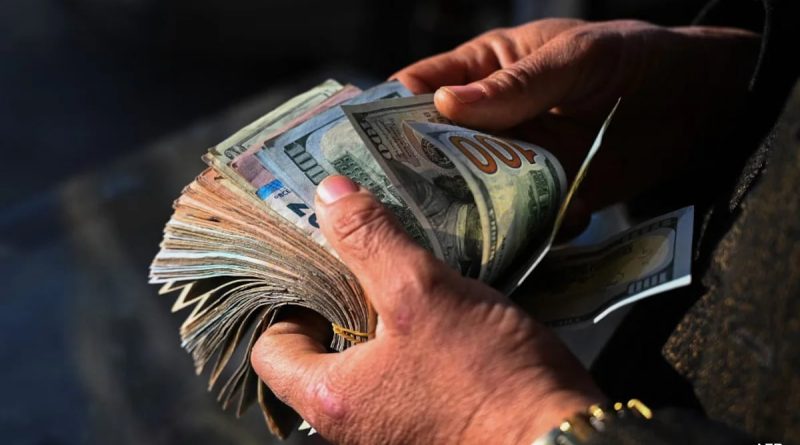Donald Trump puts a halt on $50 million funding for condoms in Gaza
The White House Freezes US Overseas Assistance
The White House recently announced a sweeping freeze in US overseas assistance, citing a $50 million condom distribution program in the Gaza Strip as one of the reasons behind the decision. White House Press Secretary Karoline Leavitt revealed that the expenditure was uncovered during Trump’s first week in office, thanks to the efforts of the new Department of Government Efficiency led by tech billionaire Elon Musk.
Questionable Expenditure
According to Leavitt, Musk’s initiative and the budget office uncovered the allocation of 50 million taxpayer dollars for funding condoms in Gaza. She described this as a “preposterous waste of taxpayer money” during her debut press conference. While Leavitt did not provide specific details to support this claim, the revelation has raised eyebrows and sparked discussions about the use of US foreign aid funds.
Verification Challenges
Despite the assertions made by the White House, it has been challenging to independently verify the accuracy of the information regarding the condom distribution program in Gaza. Condoms are relatively inexpensive in the United States, and even more so when purchased in bulk. With just over two million people living in Gaza amidst widespread destruction from the conflict with Israel, questions linger about the necessity and effectiveness of such a program.
Aid Freeze and Policy Alignment
In addition to the condom distribution program, Leavitt also highlighted a pending $37 million disbursement to the World Health Organization, which was halted following Trump’s decision to withdraw from the UN body. The administration’s freeze on foreign assistance, initiated shortly after Trump took office, reflects a broader commitment to reviewing aid policies to ensure alignment with the administration’s stance on issues such as abortion, transgender rights, and diversity programs.
Impact on Aid Recipients
Secretary of State Marco Rubio issued a memo outlining the freeze on nearly all aid disbursements, with exceptions for emergency food and military assistance to Egypt and Israel. The move has raised concerns among aid recipients and international organizations, including UN Secretary-General Antonio Guterres, who expressed worry about the implications of the aid freeze by the United States. As the largest provider of development assistance globally in absolute dollar terms, the US plays a significant role in supporting humanitarian efforts around the world.
Moving Forward
As the White House continues to scrutinize and reevaluate US overseas assistance programs, the impact of these policy changes on aid recipients and global development initiatives remains a topic of ongoing debate. With a focus on efficiency, accountability, and alignment with administration priorities, the future direction of US foreign aid under the current administration is likely to shape the landscape of international assistance in the years to come.

